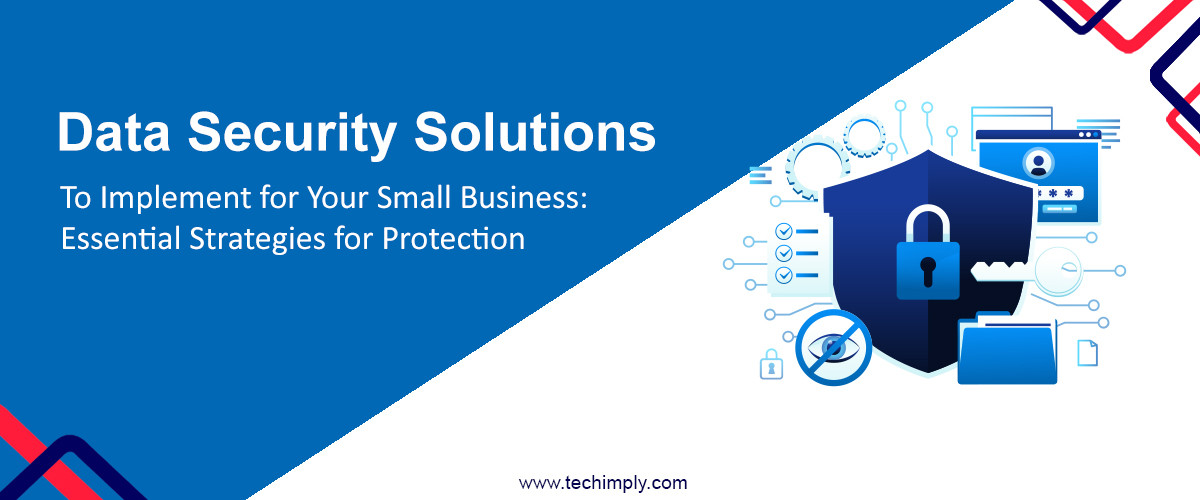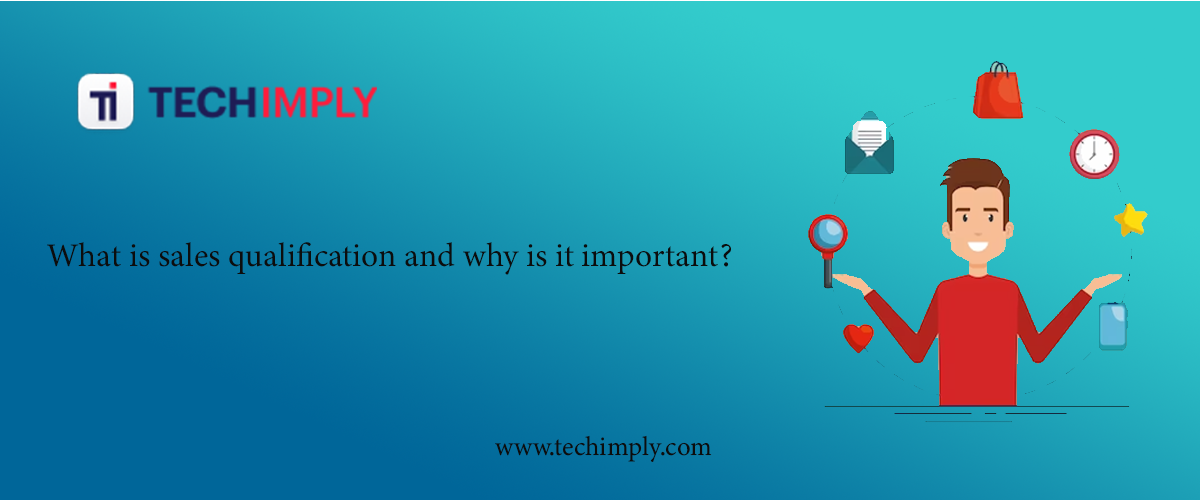Data security must be a paramount concern for small businesses. Your enterprise is just as susceptible to cyber threats as larger corporations and the consequences of a data breach can be devastating—potentially resulting in severe financial penalties, loss of customer trust, and damage to your business's reputation.
Understanding data security solutions is fundamental in building a defense mechanism tailored to your small business. This includes not only protecting the data you hold but also understanding the various types of cyber threats and the potential weak spots within your IT infrastructure.
Effective cybersecurity strategies often combine multiple layers of protection, spanning from technical solutions to employee training and policy management.
Navigating the realm of cybersecurity can be overwhelming, but as a small business, you have the agility to adapt and implement strong security protocols efficiently. By prioritizing robust cybersecurity strategies for small and midsize businesses, you're taking a critical step toward securing your company's future.
Understanding the Threat Landscape
To protect your small business, it's crucial to understand the various types of cyber threats that could target your operation, the potential consequences of a data breach, and the compliance requirements that govern data protection.
Types of Cyber Threats Small Businesses Face
Your business may become a target for cyber threats such as:
-
Phishing attacks: Include deceptive emails or messages designed to steal sensitive information.
-
Ransomware: Malicious software that locks access to data or systems until a ransom is paid.
-
Insider threats: Risks posed by employees or contractors with access to your systems.
-
Hackers: Individuals or groups seeking unauthorized access to your data or resources.
Each industry has unique vulnerabilities, hence knowing your sector's specific risk profile is essential.
Consequences of Data Breaches on Small Businesses
The implications of a data breach can be severe for a small business, and can include:
-
Financial fines: Regulatory penalties for failing to protect customer data.
-
Reputation damage: Loss of customer trust can lead to decreased sales.
-
Operational disruptions: A breach can halt business processes, leading to lost productivity.
Recovering from a breach often involves substantial costs, which can be particularly burdensome for small enterprises.
Compliance and Legal Obligations
You're required to adhere to data protection regulations such as:
-
General Data Protection Regulation (GDPR): A regulation that applies if you handle EU citizens' data, regardless of your location.
-
Health Insurance Portability and Accountability Act (HIPAA): For those in the healthcare industry, protecting patient information is not only ethical but also legally required.
Developing a Robust Data Security Framework
To ensure your small business is well-protected, prioritizing a solid data security framework is essential. This involves establishing enforceable policies and utilizing the right technology to safeguard sensitive information.
Establishing Strong Security Policies and Practices
Security policies lay the groundwork for your business's defense mechanisms. Establish a comprehensive set of rules detailing how to handle and protect company data.
Implement security awareness training to teach your employees about potential threats and the importance of strong passwords. Regularly update your policies to adapt to the ever-changing digital environment.
Implementing Document Management Solutions
Sensitive information often resides within documents—so knowing how to choose PDF SDK solutions that are right for your business is crucial.
Look for solutions that offer advanced features like redaction and signature validation to protect and manage documents effectively. Enhancing PDF document security can help maintain the integrity and confidentiality of your business's information.
Employing Effective Access Control Measures
Access control is vital for minimizing the risk of unauthorized data exposure. Use the principle of least privilege, giving users the minimum level of access necessary to perform their jobs.
Multi-factor authentication adds an extra layer of security, ensuring that even if passwords are compromised, your data remains protected.
Examples of tools that can be utilized for multi-factor authentication include Keycloak and Okta (for more details, read the article Keycloak vs Okta).
Implementing Comprehensive Cybersecurity Solutions
To round out your data security framework, deploy technology such as antivirus software and firewalls. These tools create barriers against external threats. Additionally, consider cybersecurity insurance to mitigate the financial risks associated with data breaches. Encryption shields data, making it unreadable to unauthorized users, and providing a strong layer of defense within your security solutions.
Proactive Defense and Regular Maintenance
In the landscape of digital threats, your small business requires a strategy that not only responds to incidents but also proactively defends against them. This entails persistent monitoring, embracing updates, and employing robust data protection strategies.
Continuous Monitoring and Incident Response
Your first line of defense is establishing continuous monitoring systems. By keeping a vigilant eye on your network, you can detect unusual activities that may indicate a breach, such as ransomware or fraud.
This monitoring feeds into your incident response plan, a predetermined series of actions for addressing and managing a security incident effectively. The plan ensures that in the event of an attack, you can swiftly enact recovery processes, minimizing damage and restoring operations as quickly as possible.
Regular Updates and Data Protection Strategies
A fundamental component of maintenance is the regular application of software updates. These updates often include patches for security vulnerabilities that, if left unaddressed, could be exploited by attackers.
Data protection is more than a single tool or process; it's a comprehensive approach that encompasses:
-
Anti-virus software: Deploy and update regularly to protect against malware.
-
Data backups: Implement automatic and regular data backups to ensure data recovery post-breach.
-
Data encryption: Encrypt sensitive information to protect it both in transit and at rest.
Proactive defense is not a one-time activity but a constant practice. By adopting continuous monitoring and maintaining updated systems, your small business can fortify its defenses against emerging security threats.
Embracing the Future of Data Security
As a small business owner, your approach to data security must evolve with the technological landscape. Here are focused strategies to ensure your business's data remains secure in an ever-changing digital world.
The Shift to Cloud Services and Hybrid Environments
Migrating to cloud services offers flexible storage and computing power, but it also introduces new data security risks.
Adopting a hybrid environment where both on-premises and cloud systems coexist, you should invest in robust security software that is compliant with cloud services like AWS. This software lowers the risk of data breaches, ensuring your sensitive data remains protected.
Adoption of Emerging Technologies and Best Practices
Integrating emerging technologies is pivotal for staying ahead. The National Cyber Security Alliance emphasizes adopting cybersecurity plans that encompass zero-trust architecture and secure remote access technologies.
By only granting access once identity is verified, zero trust helps mitigate unauthorized data access, a principle that can be crucial when combating threats such as phishing.
-
Technologies: AI in threat detection, Encrypted databases
-
Best Practices: Regular updates, Backups, Multi-factor Authentication
Educating Employees and Clients on Security Responsibilities
Your security posture strengthens considerably with educated stakeholders. Offer comprehensive employee training solutions about cybersecurity hygiene focused on phishing, password management, and secure data handling.
Simultaneously, ensure clients are informed about their part in security maintenance, like recognizing and reporting suspicious activity.
Conclusion
Implementing robust data security measures is crucial for safeguarding your small business's assets. Adhere to the principle of least privilege, ensuring only necessary access is granted to your systems. Embrace encryption and deploy two-factor authentication to secure your data effectively.
Enforce strong password policies, and consider configuration management as a way to maintain system integrity. Regular monitoring and alerting will help you stay ahead of potential security breaches. By cultivating employee awareness and promoting ongoing training, you build the first line of defense. Your team's knowledge can be a formidable barrier against security threats.
It's vital to have a comprehensive data security policy in place. Consistent auditing and monitoring provide insight into the effectiveness of your security measures, allowing for timely improvements.




.png)

